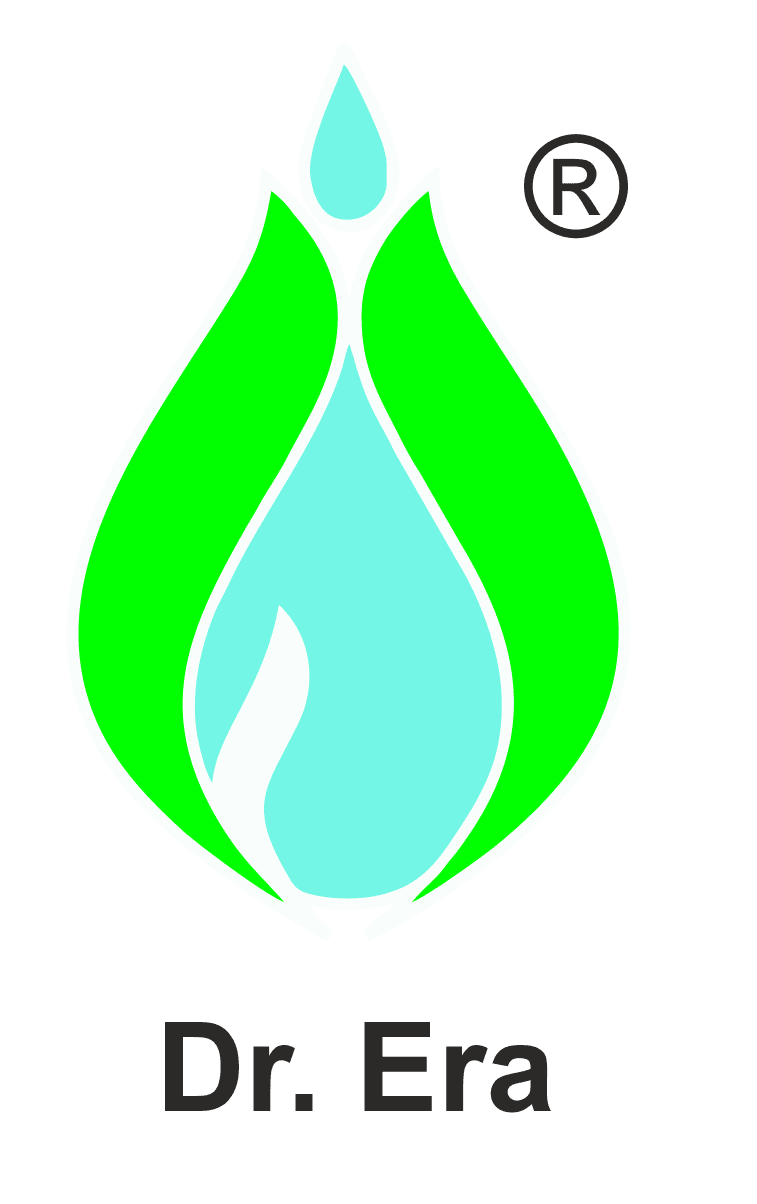Exploring the Benefits of Natural Remedies in Modern Healthcare
The Role of Natural Remedies in Healthcare
In recent years, there has been a growing interest in the use of natural remedies as a complement to modern healthcare. With the rise of holistic health movements, many people are seeking alternative treatments that are perceived as more harmonious with the body’s natural processes. Natural remedies, ranging from herbal supplements to essential oils, offer a variety of benefits that can enhance overall well-being.
One of the key advantages of natural remedies is their potential to provide relief with fewer side effects compared to conventional medicine. Many prescription drugs can cause unwanted side effects, leading individuals to seek alternatives. Natural treatments often work gently with the body's systems, making them a preferable option for those who are sensitive to synthetic medications.

The Science Behind Natural Remedies
While some may argue that the efficacy of natural remedies is based on anecdotal evidence, there is a growing body of scientific research supporting their use. For instance, studies have demonstrated the anti-inflammatory properties of turmeric and the calming effects of lavender. These findings are encouraging and suggest that natural remedies can be both safe and effective when used appropriately.
Moreover, many natural remedies possess antioxidant properties, which can help in preventing chronic diseases by neutralizing free radicals in the body. Incorporating these remedies into a daily routine may contribute to long-term health benefits, such as improved cardiovascular health and enhanced immune function.

Popular Natural Remedies and Their Uses
There is a wide variety of natural remedies available, each with its unique properties and applications. Some of the most popular include:
- Ginger: Known for its digestive benefits and anti-nausea effects.
- Chamomile: Often used for its calming properties to aid sleep and reduce anxiety.
- Peppermint: Commonly utilized for its ability to relieve headaches and improve concentration.
These remedies can be easily incorporated into daily life through teas, supplements, or topical applications. However, it's important to approach their use with caution and consult with a healthcare professional, especially if you are taking other medications.

Integrating Natural Remedies with Conventional Medicine
One of the most significant benefits of natural remedies is their potential to complement conventional treatments. When used alongside prescribed medications, natural remedies can enhance treatment outcomes by addressing symptoms that may not be fully relieved by pharmaceuticals alone. This integrative approach can contribute to a more comprehensive healthcare strategy.
For instance, while conventional treatments target specific diseases or symptoms, natural remedies can support overall wellness by boosting the immune system or improving mental health. This holistic approach acknowledges the interconnectedness of physical, emotional, and mental health.
Cautions and Considerations
Despite their benefits, it's crucial to approach natural remedies with caution. Not all natural treatments are suitable for everyone, and some may interact negatively with prescribed medications. Therefore, consulting with healthcare providers before starting any new regimen is essential.
Additionally, it’s important to ensure the quality and purity of natural products. With the market flooded with various brands and products, choosing reputable sources is vital to avoid contaminants or ineffective formulations.
In conclusion, while natural remedies offer exciting possibilities for enhancing well-being, they should be regarded as part of a broader healthcare strategy rather than a replacement for conventional medicine. By combining the best of both worlds—natural and modern healthcare—individuals can achieve optimal health outcomes.
